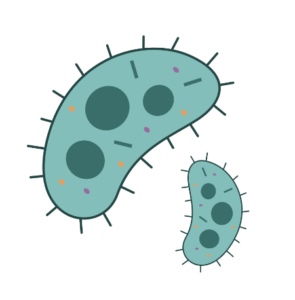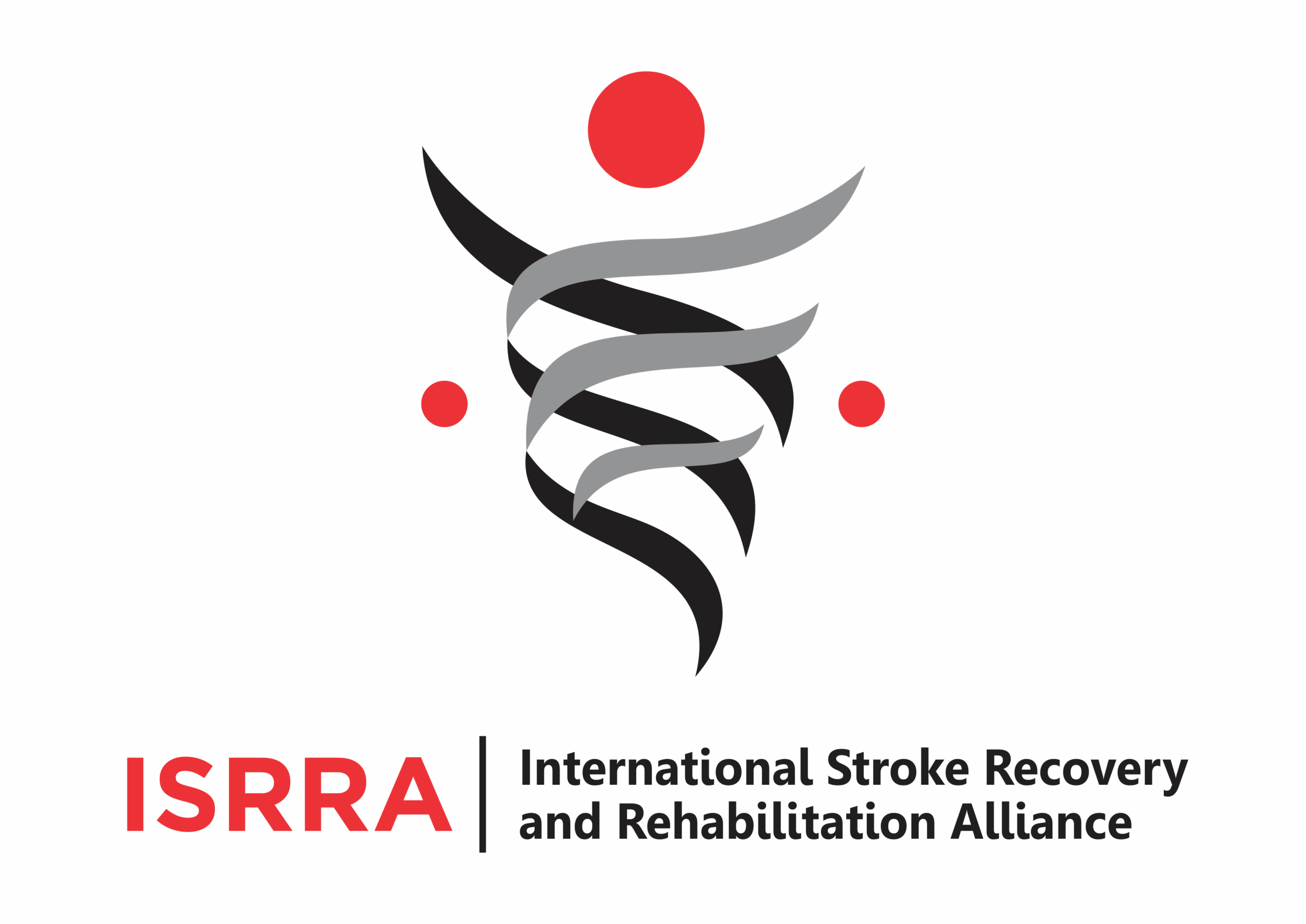L5 Microbiome and Stroke

The estimated total cell count of a typical human body is 6.8×1013. However, 66% of these cells are bacteria that live within us. At the same time, the genome size of the human gut microbiota is 150 larger than the human genome. The dysbiosis of the gut microbiome (changes in the composition of the types of microorganisms) has been identified as a potential risk factor for susceptibility to numerous diseases, including stroke, influencing systemic inflammation by altering intestinal permeability.
With our study, we aim to investigate whether the gut microbiome could also be influencing the neurological evolution after a stroke, modulating the antigen-specific immune responses of the central nervous system. If this is confirmed, changes in the intestinal flora could be promoted, either through the use of probiotics in the diet or through fecal transplantation from healthy donors, in order to discover new therapies that could improve the evolution of patients after having suffered a stroke.





